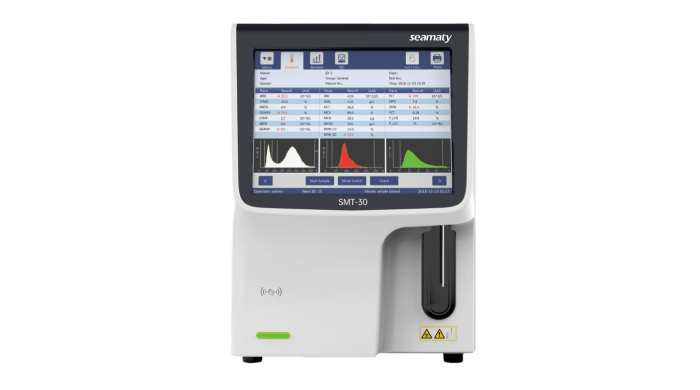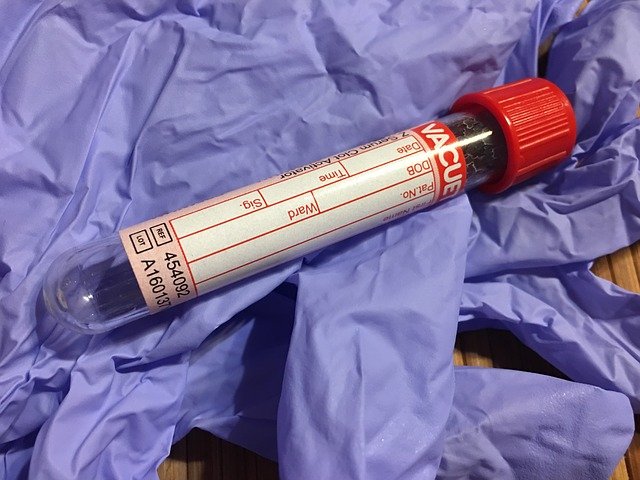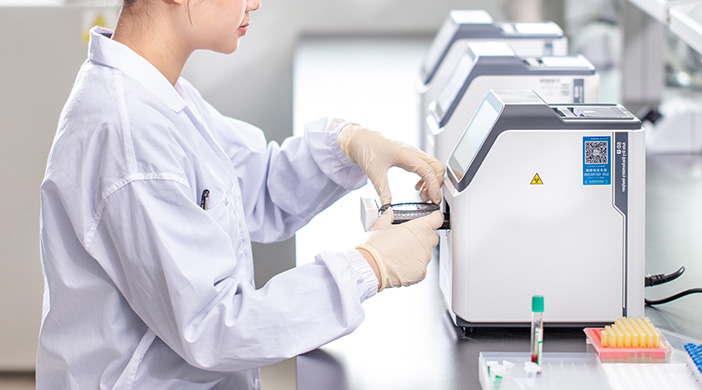There are two types of blood gas analyzers. One is the dry blood gas analyzer. The other type of wet blood gas analyzer, also called packet blood gas analyzer. Here is a brief description of the difference between dry and wet blood gas analyzers!
What does a blood gas analyzer do?
Blood gas analyzer is a clinically important laboratory test instrument for determining the acid-base balance of arterial blood. The blood gas analyzer is an important piece of medical equipment for testing in hospitals. It can detect the level of oxygen, carbon dioxide and other gases in a patient's blood and changes in blood pH and related indicators in a matter of minutes. The blood gas analyzer can also quickly reflect the levels of potassium, sodium and calcium in the blood.
Dry blood gas analyzer
The dry blood gas analyzer utilizes electrochemical microfluidic technology. It uses reagents in the form of dry test strips.
Dry blood gas analyzer advantages and disadvantages
The dry blood gas analyzer is portable in design, often with built-in batteries, automatic storage, and a simple and easy to use testing process. It is capable of testing multiple indicators at once for a single sample. At the same time, dry blood gas analyzers have minimal reagent waste and loss.
The dry blood gas analyzer is particularly suitable for medical emergencies and resuscitation. It is not only easy to use, but also can be tested in real time. And the maintenance cost of the analysis machine is low.
Dry blood gas analyzer reagent cost is high, which brings a greater financial burden to patients. And it is more difficult to store reagents, with short storage validity period and high storage temperature requirement.
What is a wet blood gas analyzer?
The wet blood gas analyzer is made in the size of a traditional computer desktop. It uses a kit of reagents. At least 20 or more samples are required to be tested at one time. Operation requires the addition of liquid-based reagents.
Wet blood gas analyzer advantages and disadvantages
The wet blood gas analyzer allows for batch testing of samples. This reduces the cost of testing individual samples. Therefore, wet blood gas analyzers are more cost-effective.
Wet blood gas analyzers have a requirement for sample size. The minimum number of samples for each test is 25. If the number of samples is too small, it will cost more than the cost of handheld blood gas analyzer. In addition, wet blood gas analyzers use reagent kits with a short expiration date. They must be used up within 15-30 days. And the maintenance cost of the analysis machine is high and it is more prone to some minor failures.
Dry and wet blood gas analyzers have their own advantages and disadvantages. Dry blood gas analyzers are more suitable for intensive care units, obstetrics and gynecology, emergency departments and some other departments with high requirements for timeliness. The wet blood gas analyzer is more suitable for routine testing in some hospitals where the testing volume is relatively large.


